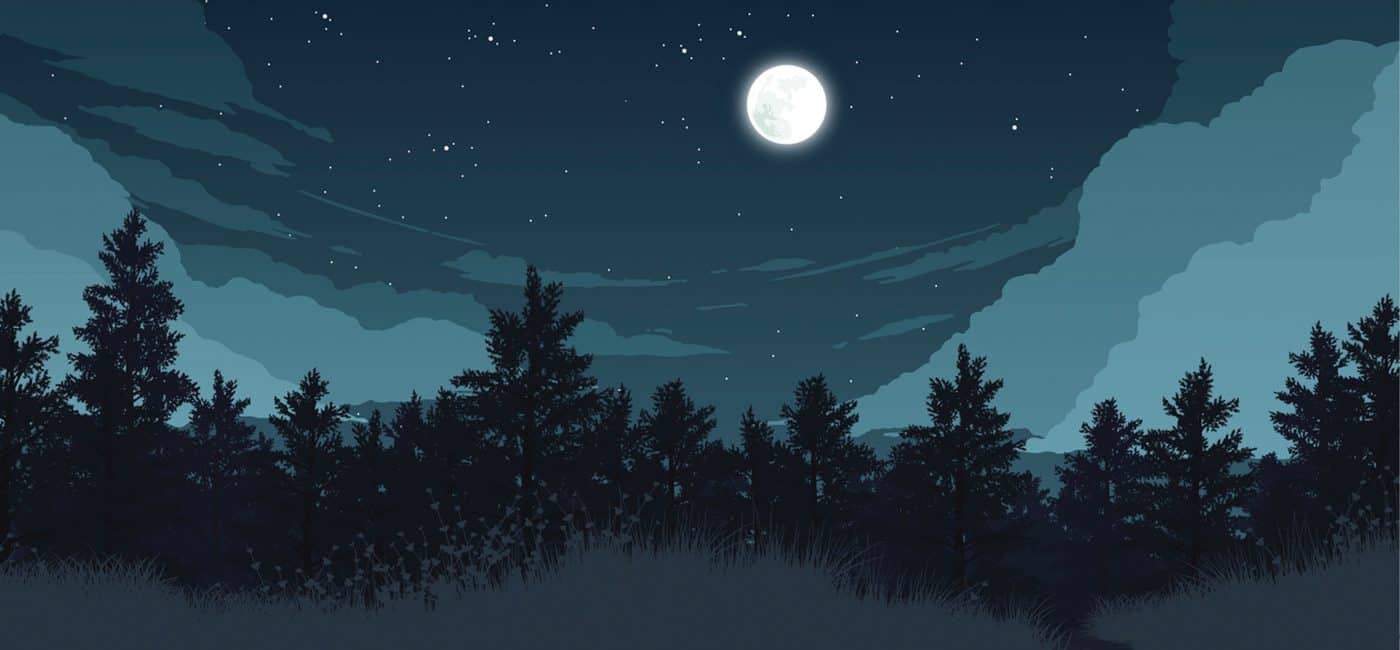With so many of us struggling to get enough sleep, it’s hard to believe that too much sleep could be bad for your health.
But (surprise!) experts say oversleeping is linked to health risks similar to sleeping too little. Think: Poor focus and memory, headaches, overweight and obesity, depression, Type 2 diabetes, heart disease, stroke, and more (yikes!). Before you fret over the effects of sleeping through your alarm clock, here’s what you need to know.
How Much Sleep Is Too Much?
According to the National Sleep Foundation, Adults ages 18 to 64 need 7 to 9 hours of sleep each night.
So, if you’re knocked out for 10 or more hours on a regular basis and have difficulty waking up or feel draggy, foggy, and unable to focus throughout the day, that’s cause for concern.
Why Do You Oversleep?
Good question. Although experts aren’t exactly sure why it occurs, oversleeping and excessive daytime sleepiness (aka “hypersomnia”) are associated with a variety of issues, such as sleep apnea, depression, and taking certain medications, like anti-depressants.
How Can You Prevent Oversleeping?
Maintain A Regular Sleep Routine
Not to be dictator-ish, but you should hit the sack at the same time every night, even on the weekends. Although you need 7-9 hours of sleep, you also have to account for the time it takes to fall asleep, the amount of time you spend awake each night, and the ideal number of sleep cycles you need to feel rested. Don’t stress over the math—use our Sleep Calculator to nail the timing perfectly.
Reduce Or Eliminate Caffeine
And you should probably have your last cup around 10:00am, experts say (yes, really). Caffeine suppresses melatonin, a hormone that helps control your sleep-wake cycles. Because it stays in the body for a long time, caffeine interferes with sleep quality, and poor sleep can create a pattern of oversleeping to compensate.
Monitor Your Alcohol Intake In The Evening
It’s tempting to relax with a glass of wine after dinner, but you’ll pay for it all night long. For example, if you drink too close to your bedtime, you’ll spend less time in REM sleep—important for memory and emotional processing—the first half of the night. During the second half of the night, you’ll lose out on deep sleep because the alcohol causes you to wake up multiple times (thanks, cabernet).
Power Down At Least 2 Hours Before Bed
Friends, the blue light from your phone, computer, and TV stimulates your brain in a way that can disrupt your internal body clock (aka circadian rhythm), preventing you from getting the sleep you need and oversleeping as a result. Watching an entire season of “Queer Eye” isn’t worth having a crappy morning.
Tip: Talk to your doctor if you think oversleeping is a problem. Just aim for an afternoon appointment, so you can make it on time.
View original content to download multimedia @NectarSleep https://www.nectarsleep.com/posts/unsolved-sleep-mysteries-is-oversleeping-a-real-thing/
But (surprise!) experts say oversleeping is linked to health risks similar to sleeping too little. Think: Poor focus and memory, headaches, overweight and obesity, depression, Type 2 diabetes, heart disease, stroke, and more (yikes!). Before you fret over the effects of sleeping through your alarm clock, here’s what you need to know.
How Much Sleep Is Too Much?
According to the National Sleep Foundation, Adults ages 18 to 64 need 7 to 9 hours of sleep each night.
So, if you’re knocked out for 10 or more hours on a regular basis and have difficulty waking up or feel draggy, foggy, and unable to focus throughout the day, that’s cause for concern.
Why Do You Oversleep?
Good question. Although experts aren’t exactly sure why it occurs, oversleeping and excessive daytime sleepiness (aka “hypersomnia”) are associated with a variety of issues, such as sleep apnea, depression, and taking certain medications, like anti-depressants.
How Can You Prevent Oversleeping?
Maintain A Regular Sleep Routine
Not to be dictator-ish, but you should hit the sack at the same time every night, even on the weekends. Although you need 7-9 hours of sleep, you also have to account for the time it takes to fall asleep, the amount of time you spend awake each night, and the ideal number of sleep cycles you need to feel rested. Don’t stress over the math—use our Sleep Calculator to nail the timing perfectly.
Reduce Or Eliminate Caffeine
And you should probably have your last cup around 10:00am, experts say (yes, really). Caffeine suppresses melatonin, a hormone that helps control your sleep-wake cycles. Because it stays in the body for a long time, caffeine interferes with sleep quality, and poor sleep can create a pattern of oversleeping to compensate.
Monitor Your Alcohol Intake In The Evening
It’s tempting to relax with a glass of wine after dinner, but you’ll pay for it all night long. For example, if you drink too close to your bedtime, you’ll spend less time in REM sleep—important for memory and emotional processing—the first half of the night. During the second half of the night, you’ll lose out on deep sleep because the alcohol causes you to wake up multiple times (thanks, cabernet).
Power Down At Least 2 Hours Before Bed
Friends, the blue light from your phone, computer, and TV stimulates your brain in a way that can disrupt your internal body clock (aka circadian rhythm), preventing you from getting the sleep you need and oversleeping as a result. Watching an entire season of “Queer Eye” isn’t worth having a crappy morning.
Tip: Talk to your doctor if you think oversleeping is a problem. Just aim for an afternoon appointment, so you can make it on time.
View original content to download multimedia @NectarSleep https://www.nectarsleep.com/posts/unsolved-sleep-mysteries-is-oversleeping-a-real-thing/


Comments
Post a Comment